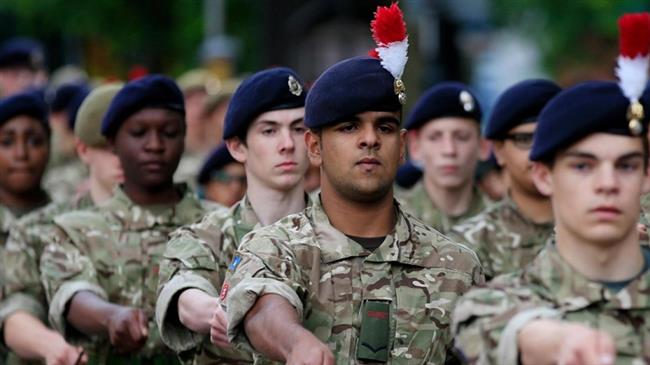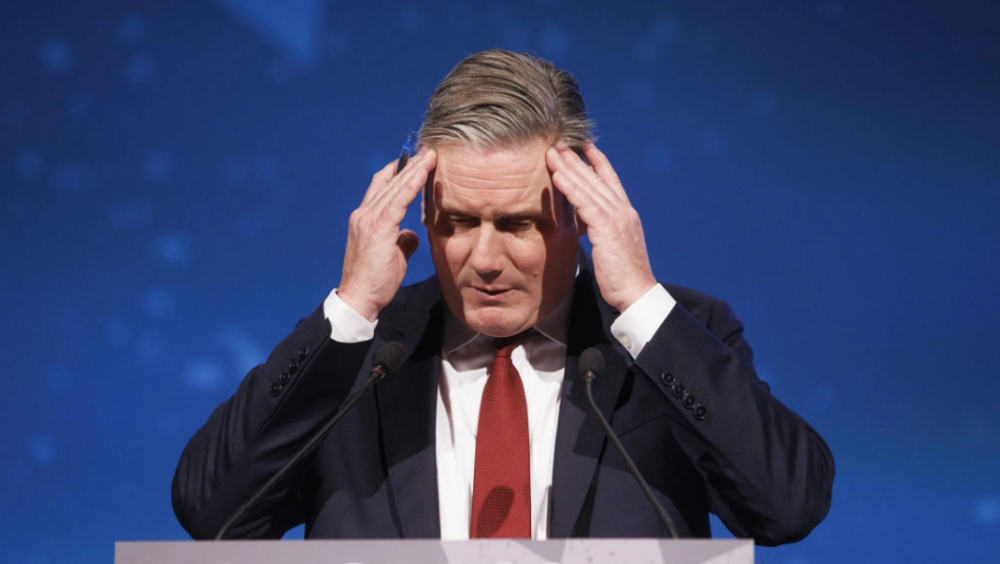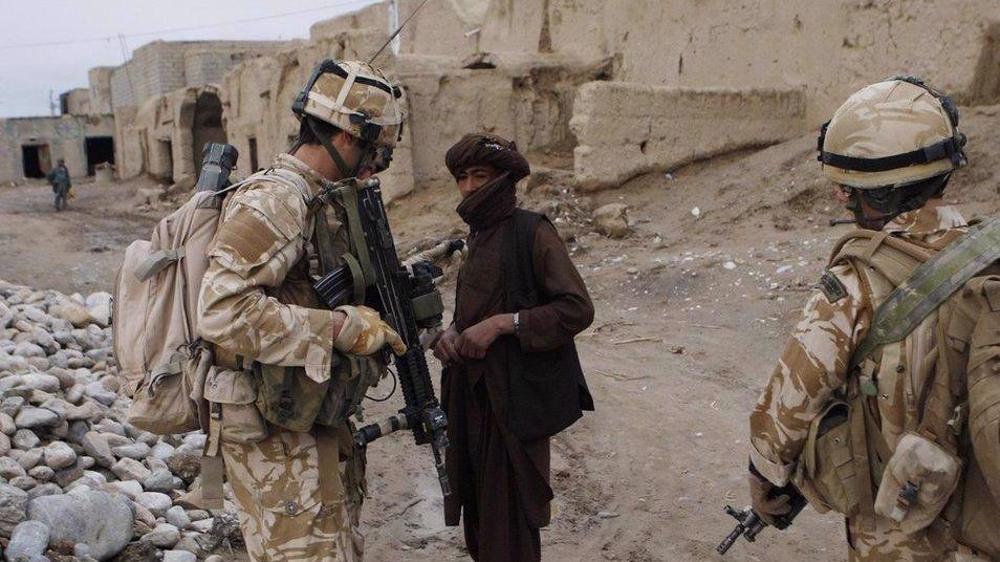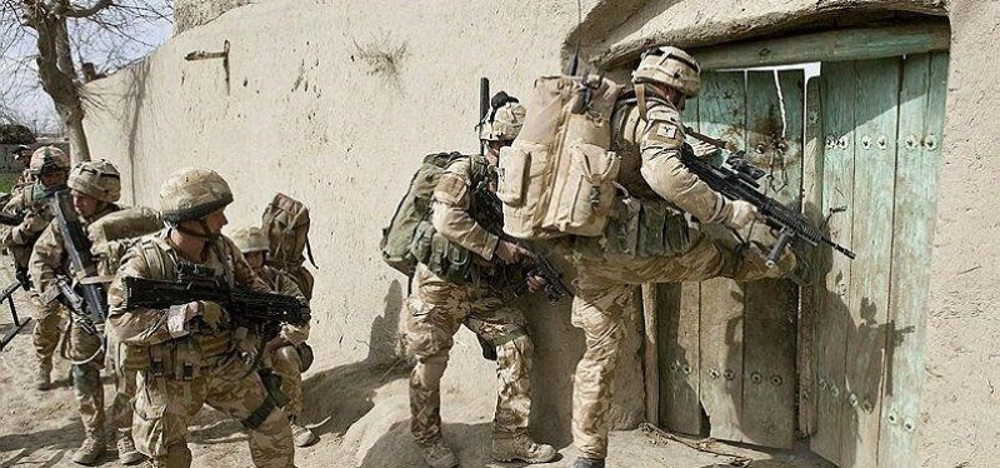MoD apology over recruits’ arrests fails to address institutional racism
An apology from the Ministry of Defence, over the arrest of two, teenaged brothers of an ethnic minority, at an army cadet summer camp, will not be enough to stop the UK’s rampantly institutionalised racism.
It is easy to identify individual racism when it happens, because it is in your face and blatantly obvious. But when it comes to institutional racism, because of its more subtle nature and its being engrained in the most respected forces in society, it receives far less public condemnation.
Recently, a 39-year-old mother of Jamaican decent, from Greater Manchester, accused the cadet force of institutional racism after her two boys were arrested, and held for many hours, before she was informed of the incident.
An investigation has been launched into the treatment of brothers Jabriel, 14, and Latif, 13, who were accused of committing crimes, told they were being kicked out of camp, made to remove their uniforms and arrested in front of their peers.
Following two separate criminal allegations against the boys, they were placed in isolation and taken to another police station. They were then kept in separate cells, until their mother arrived and they were interviewed, almost 10 hours later.
The two boys were accused of racially aggravated public disorder and sexual assault against a teenage girl. The younger boy said the incident occurred as a group of cadets tried to take sweets from each other, and he inadvertently touched a girl and subsequently apologised.
But both boys also detailed that they had been subjected to racist abuse during their week-long cadet camp and that the incidents were not unusual with the general tenor of behaviour among the group.
The boys have since been released and all charges against them dropped. Subsequently, the Ministry of Defence has apologised for the failure to contact the boys’ mother.
However, the apology fails to address the rampant institutional racism evident in the wider armed forces.
Let’s put facts into perspective with a report by The Guardian which revealed that “It will take 50 years before the armed forces are as diverse as the rest of the UK.”
The report also adds that the police and the judiciary will take 34 and 33 years, respectively, at the current rate of change before it reaches the same levels of ethnic diversity as the broader population.
Why has this culture of institutional racism, specifically in the Armed Forces, gone largely unchallenged for years and years?
It is in the history of the British Army, as an army of Empire, to instill stereotype and racism in its soldiers in order to make it easier for them to kill, conquer and enslave.
Today, the Armed Forces are coming up short of recruits and they are, therefore, desperately seeking out new sources of cannon fodder, even among those in minority groups, but it has become an increasingly difficult task to gain more volunteers.
The mother of the two boys, Angela, said it had been a struggle initially to get her sons to attend the cadets, owing to the stigma attached to the army and its perceived lack of diversity.
She said she wanted them to be a positive example to other young black Caribbean children: “Children like this often feel alienated so I wanted them to be exposed to different experiences – to show them that being part of the cadets would be a positive thing. We were realistic that there could be some issues along the way but we were sure we could overcome these. We were all so proud of them.”
Institutional racism in the Armed Forces will continue for at least another 30 years or more. The problem is reflective of general society, with its differences regarding factors of wealth, income, criminal justice, employment, housing, health care, political power and education, among other factors.
The first step is for the Minister of Defence to acknowledge that the UK’s vast racist history has an effect on the Armed Forces today, if there is any hope of doing anything about it.
Remo Newton, Political Commentator
Ansarullah mourns Leader's martyrdom as 'great loss' caused by 'most wretched terrorists'
Hezbollah offers condolences to Iranian nation over Leader’s martyrdom
US-Israeli strike targets IRIB facility; broadcasts continue
IRGC: Latest waves of Op. True Promise 4 led to tanker strikes, base shutdowns, heavy casualties
CENTCOM confirms US troops killed in Iran’s retaliatory strikes
China ‘strongly condemns’ US-Israeli assassination of Iran’s Leader
Iran sees no limits in defending itself after Leader's ‘dangerous’ assassination: FM
IRGC strikes USS Abraham Lincoln aircraft carrier with volley of ballistic missiles










 This makes it easy to access the Press TV website
This makes it easy to access the Press TV website